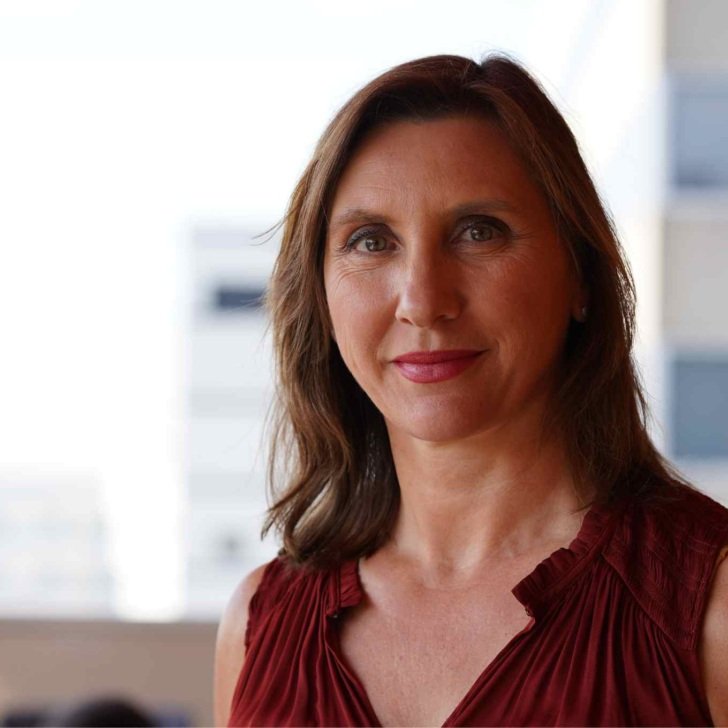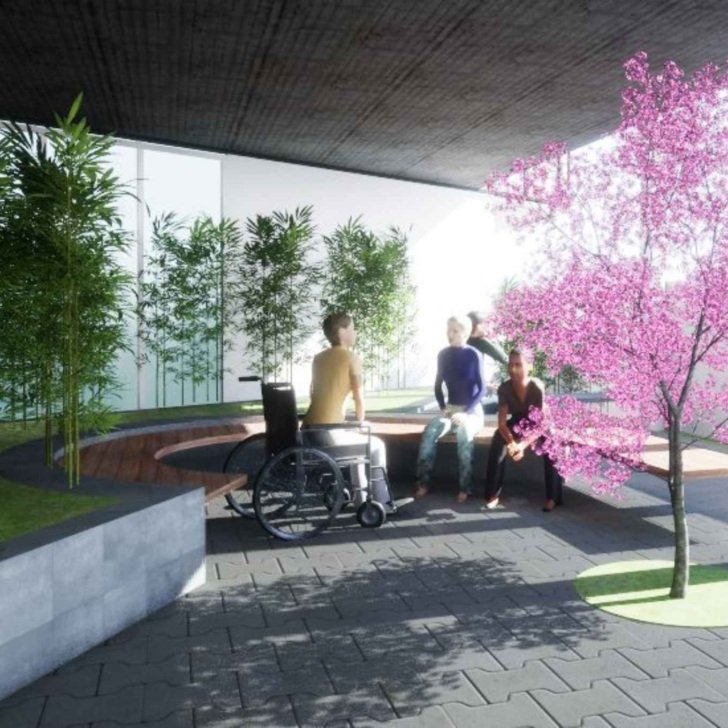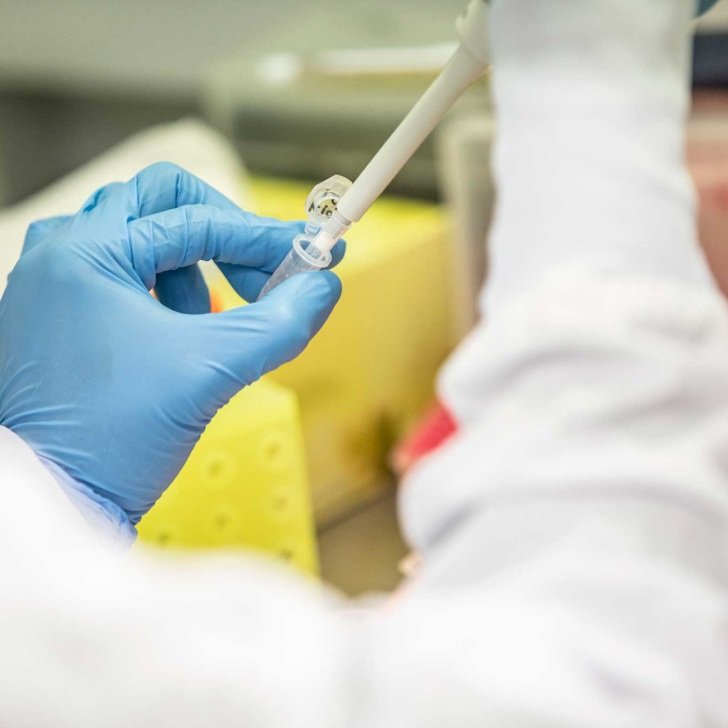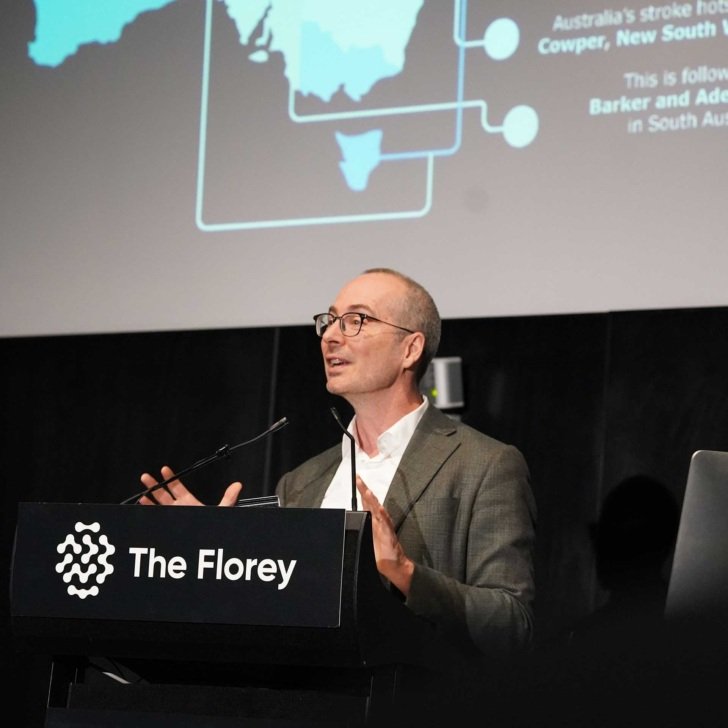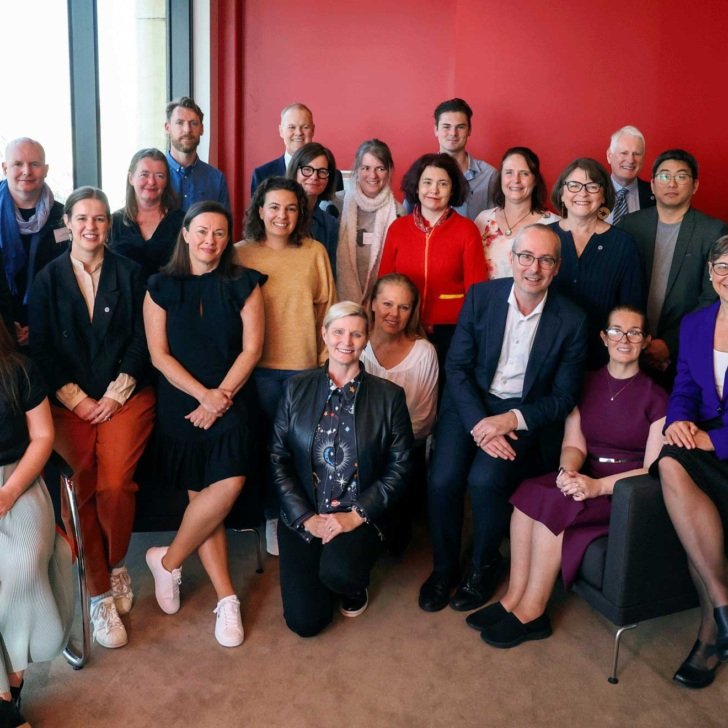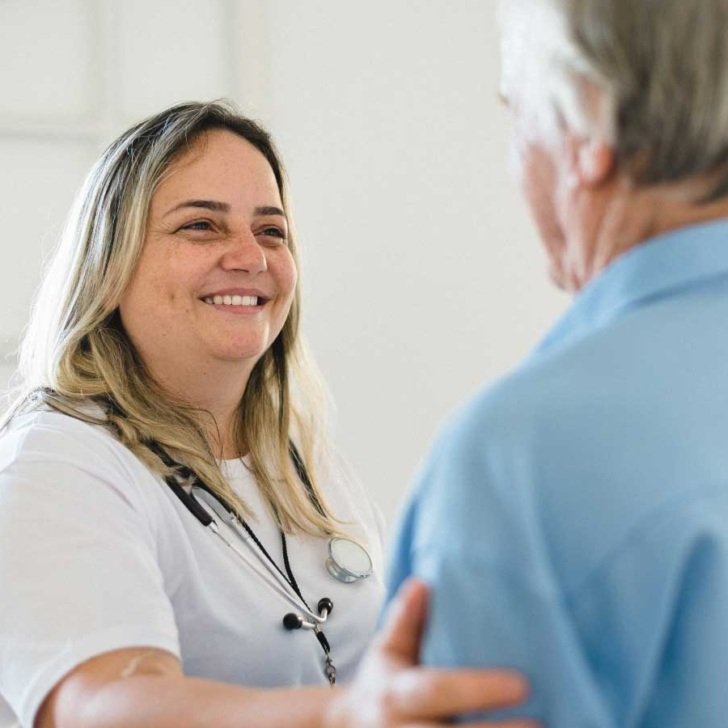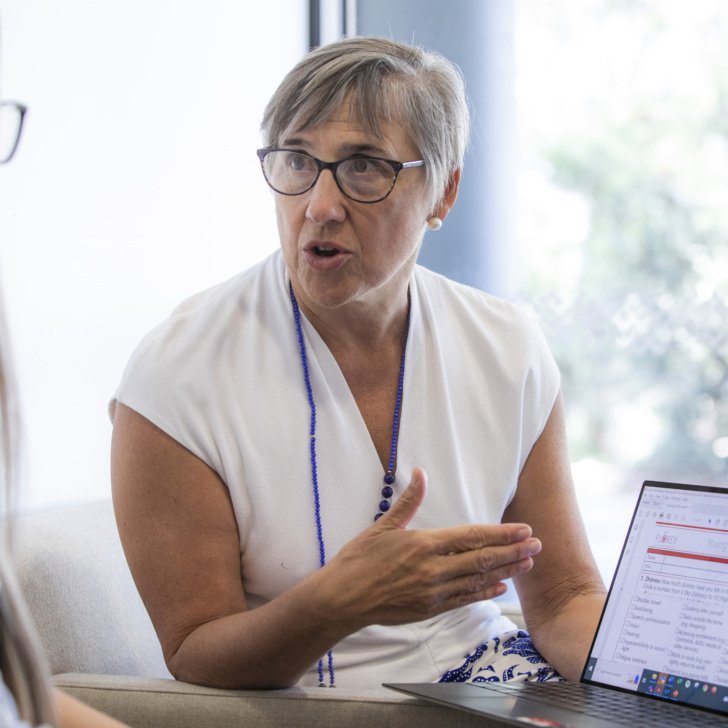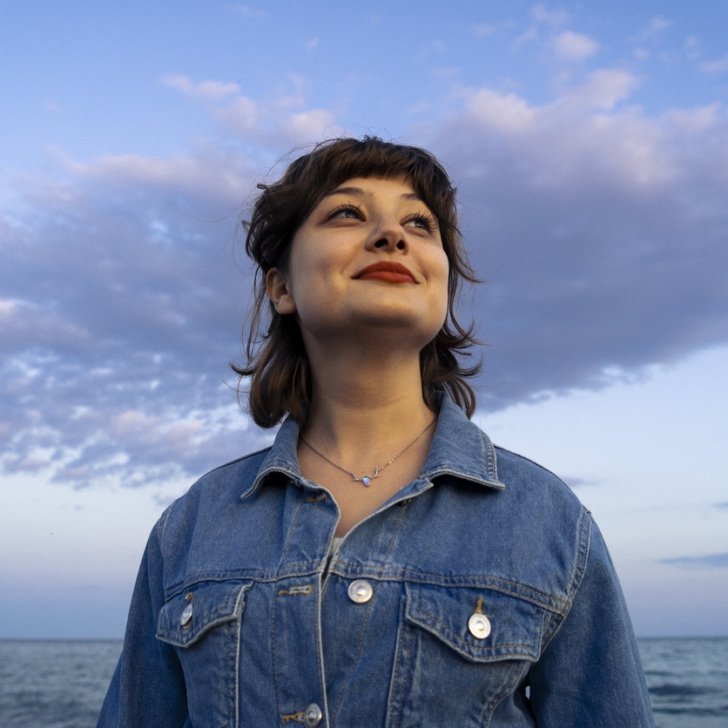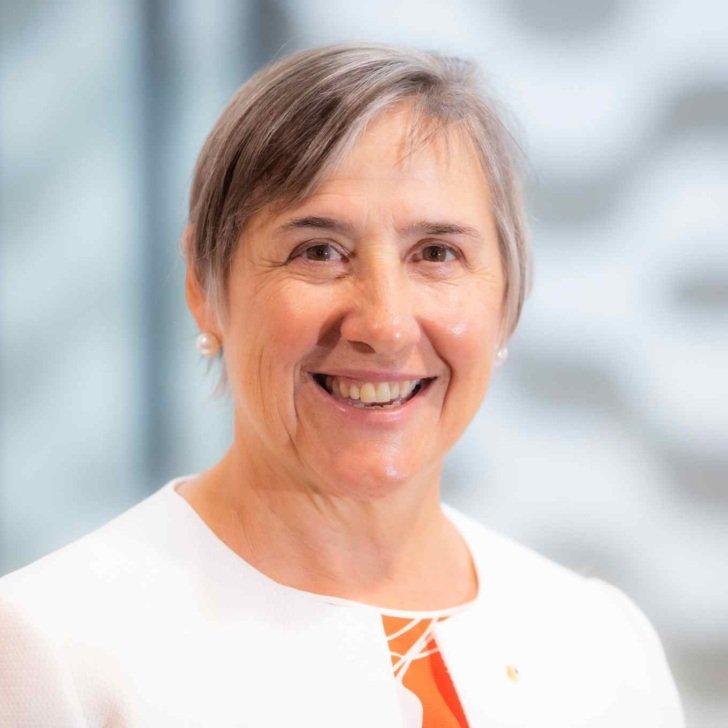
Stroke
A stroke occurs when the supply of blood to the brain is interrupted. There are a number of different kinds of stroke, as the cause of blood supply to the brain being restricted or stopped can vary.
Different areas of the brain are responsible for different functions, such as movement, sensory perception, thinking and feeling. When a stroke occurs, it will depend which area of the brain is affected and how large the stroke is in assessing what long and short term symptoms might be. Every stroke is different. Each person affected by stroke will have different symptoms and needs.
How The Florey is making a difference
Investigating treatment options
People who experience serious, lifelong effects from strokes have limited treatment options. Current medications can prevent further stroke but don’t target ongoing impairments post stroke. The PESTO trial is looking at whether a drug called etanercept, which is commonly used to treat other illnesses, is effective in helping relieve some symptoms of stroke.
Digital stroke registry
For more than a decade the Australian Stroke Clinical Registry (AuSCR) has collected data to guide improvements in best-practice care in hospitals for people who experience stroke. Building off this work is a project to develop digital solutions for hospitals to automatically transfer data into a national stroke registry. The registry will provide dynamic clinical insights to improve stroke care and outcomes and will establish solutions for more efficient, tailored and timely data capture.
Young Stroke Service
The Young Stroke Service aims to better meet the specific needs of people aged 18–45 living with stroke. Designed by a team of experts in rehabilitation, neurology, general practice, accessibility and digital health innovation, the service aims to create a new model of care that supports young people with their recovery and life goals.
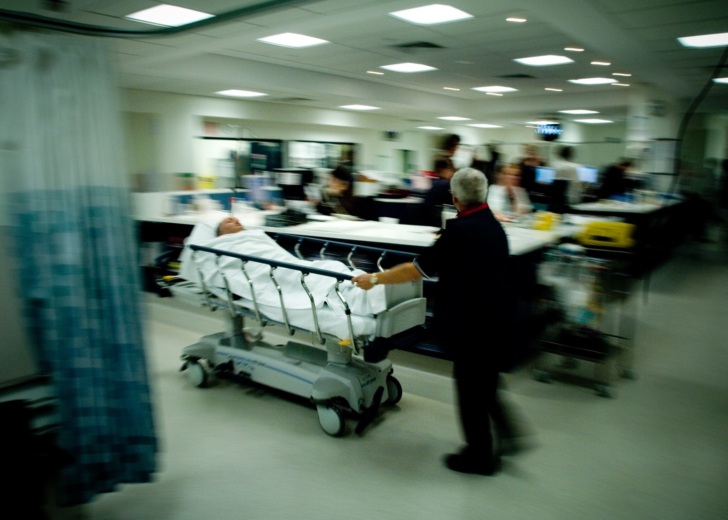
Stroke rehabilitation
Florey researchers work to improve stroke rehabilitation practice and outcomes. The NOVELL Redesign project has developed new ways to design healthcare environments to produce optimal outcomes for patients, visitors and staff. The SENSe therapy program helps stroke survivors who have experienced sensory loss regain a sense of touch, and provides clinicians with an evidence-based sensory approach that aids accurate and early detection of sensory impairments.
Research projects
- A network of sites and ‘up-skilled’ therapists to deliver best-practice stroke rehabilitation of the upper limb
- Australian Stroke Clinical Registry (AuSCR)
- AVERT | International stroke rehabilitation database for research projects
- AVERT DOSE | Determining the most effective mobility training program early after stroke
- Cerebral Haemodynamics and Orthostatic Response to Upright Posture in Acute Ischaemic Stroke (CHORUS)
More information
While The Florey researches stroke, we do not offer medical advice or crisis support. If you suspect a stroke call 000 immediately. For further information contact the Stroke Foundation on 1800 787 653.
Latest news
Latest Florey news on Stroke
